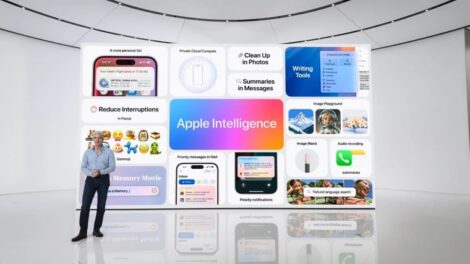Microsoft’s ambitious AI pair programmer Copilot is controversially slated for integration across Windows 10 devices despite privacy and functionality concerns giving enterprise IT admins pause.
As Copilot’s code auto-suggestions populate legacy Windows 10, evaluating cross-compatibility risks remains critical before deployment.
Worries of Needless Complexity in a Mature Platform
Introducing Copilot’s unfamiliar predictive interface to Windows 10 risks upending highly tailored enterprise workflows by forcing new patterns onto users.
Potential compatibility issues also loom blending relatively modern AI modules with the decade-old Windows 10 codebase approaching end-of-life in 2025.
Does injecting fresh yet disruptive functionality outweigh stability gains of frozen Windows 10 feature sets for conservative business users?
Heightened Data Collection and Model Training Fears
To power suggestions, Copilot analyzes extensive user content including sensitive intellectual property that gives compliance officers pause.
Despite Microsoft’s assurances, the opacity of Copilot’s data harvesting, analytics and machine learning training pipelines fosters distrust in risk-averse environments.
Can enterprises confidently monitor data flows to verify corporate policies and regional regulations are respected?
Marginal Utility for Task-Focused Users
For non-developers focused on daily static business operations, Copilot’s predictive interruptions introduce needless distraction.
Suggestions unlikely to enhance user productivity may simply manifest as nagging content better suppressed to avoid interfering with workflows.
Does Copilot truly boost output for non-technical staff, or will most prompted insights be discarded as irrelevant?
Emphasizing User Choice and Control
Rather than mandate Copilot’s oversight, Microsoft should enable nuanced configurations respecting unique enterprise needs.
Settings to limit suggestion frequency, tune acceptable data usage strictly to anonymous identifiers, integrate alerts for potentially hazardous actions, and customize language suitability prove critical.
Granular policy control allowing Copilot to compliantly co-exist alongside traditional processes remains essential for adoption.
Forging a Prudent Path Forward
AI collaboration promises enormous gains but requires deliberation balancing progress with pragmatic security.
By cooperating tightly with customers through transparent design, extensive testing mechanisms, and conservative defaults, Copilot can potentially earn its place securing enterprise Windows workflows rather than jeopardizing them.
But Microsoft must continue earning user trust through robust safety protections before Copilot realizes full, responsible potential as an AI teammate.










Add Comment